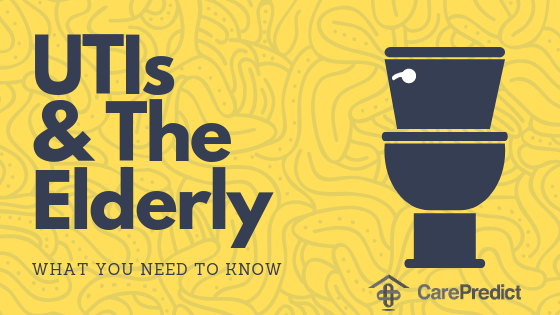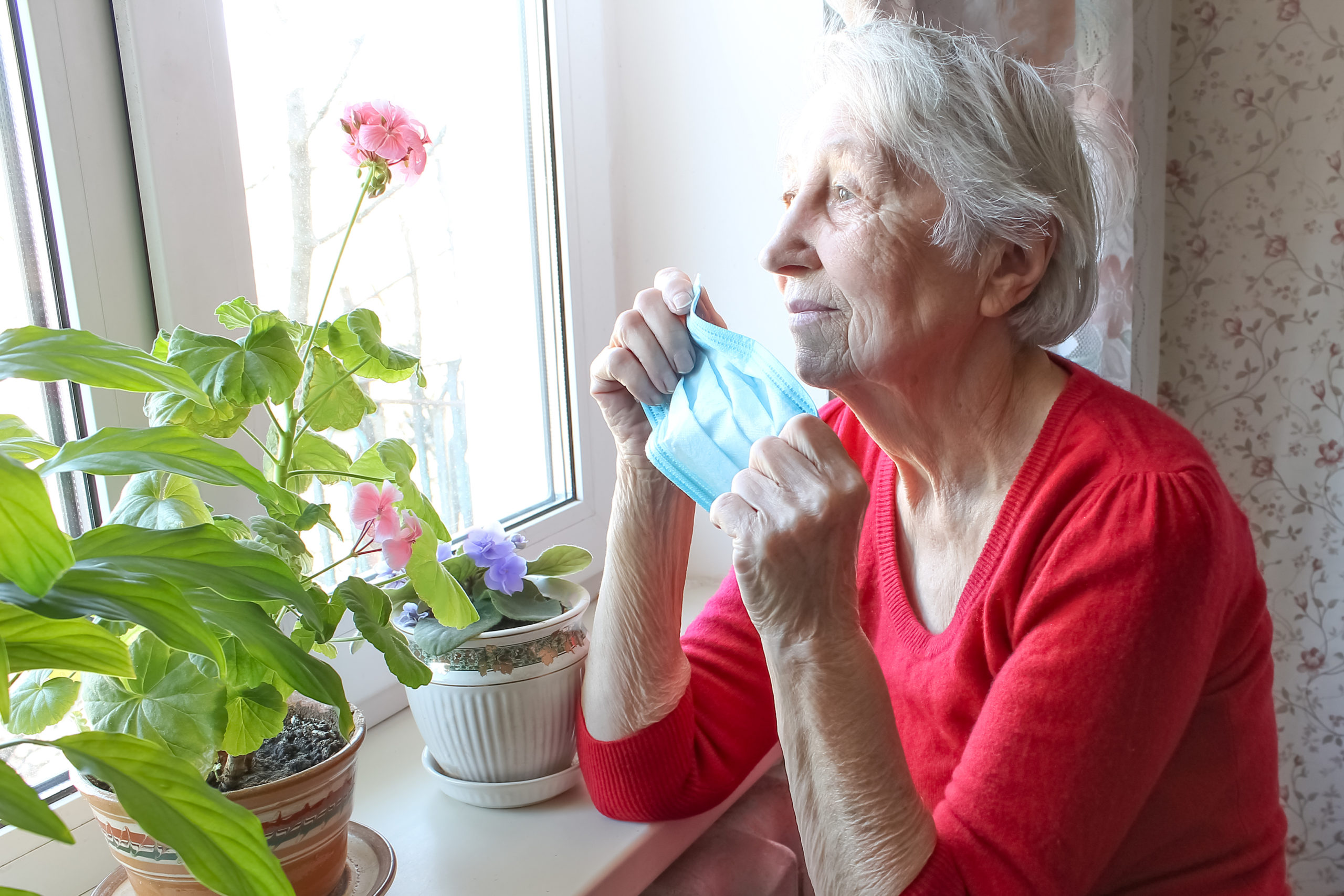UTI Symptoms & Prevention In Elderly Adults

Urinary tract infections become more common as you age, particularly for women. According to one study, more than a third of all infections in people in nursing homes are UTIs. Over 10 percent of women over age 65 report having a UTI in the past year and that number increases to almost 30 percent in women over 85 with half of all women experiencing at least one UTI within their lifetimes.
Despite how common these infections are, the symptoms are not always obvious in older adults which means a UTI can often be missed or misdiagnosed. When caught early, UTI treatment is usually a straightforward course of antibiotics. If left untreated, however, the infection can spread leading to sepsis or other complications requiring hospitalization and increase your risk for falls or injury.
One of the biggest problems with urinary tract infections in the elderly is that it can mimic the symptoms of other issues like dementia. In younger adults, a UTI is often painful and quite obvious, but these symptoms change as we age and an older adult may not experience pain at all. Elderly patients may present with changes in behavior like confusion or difficulty performing regular tasks that can be misdiagnosed.
I’ve had three elderly relatives who took sudden mental turns downhill and were initially diagnosed as anything ranging from early stage dementia to “just getting old”. For at least two of my relatives, the downturn was so sudden and drastic, the family had a hard time believing the dementia angle. My wife’s grandfather spent the better part of a year in a non lucid state until he was treated for his UTI.
Luckily all three ended up getting rediagnosed as having UTIs and once they were on antibiotics they returned to normal – Reddit User bill01351
Common UTI Symptoms in elderly adults:
- Confusion or delirium
- Increased or urgent urination
- Fever
- Painful urination
- Nausea
- Urine with abnormal color or odor
- Pelvic pain
- Sudden changes in behavior or agitation
- Poor motor skills or dizzyness
A typical urinary tract infection won’t see all of these symptoms so it is important to keep a close eye on any lifestyle changes. Often the same caregiver is not around 24/7 to get the whole story and not all patients are able to easily notice or communicate a problem, particularly if it is accompanied with confusion. CarePredict tracks activity around the clock and analyzes subtle changes in behavior that could indicate a UTI risk early so you know when to seek treatment before things worsen.
If you are concerned about a UTI, your doctor can check for an infection and prescribe treatment. There are even smart diapers and at home tests available if you are working in a senior living community to help you care for more residents at once.
Of course, early detection is great and prevention is even better. Practicing good hygiene and staying well hydrated are the keys to helping the body prevent infection and regulate itself properly.
Tips for preventing UTIs in elderly adults
- Drink eight 8oz glasses of water daily
- Drink cranberry juice
- Careful cleaning – wiping front to back after every incident
- Check adult diapers every 2 hours
- Urinate as soon as possible when the need arises
- Avoid caffeine and alcohol
- Avoid douches or other irritants

Related Blogs






